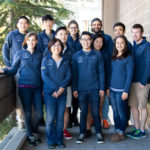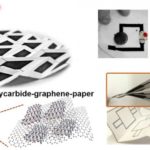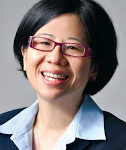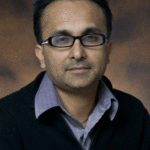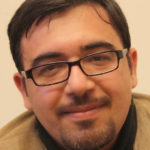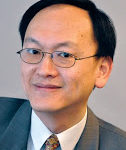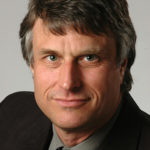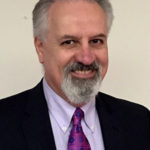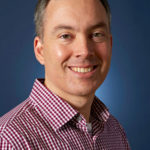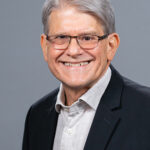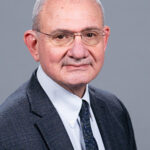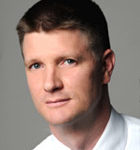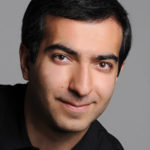Associate Adjunct Professor
6163 Etcheverry HallUniversity of California, Berkeley
Berkeley, CA 94720-1740
vzorba@lbl.gov
For more information see: Laser Technologies Group
Professor Vassilia Zorba is the Group Leader for the Laser Technologies Group at the Lawrence Berkeley National Laboratory in Berkeley, CA. She is also an Associate Adjunct Professor in the Department of Mechanical Engineering of the University of California, Berkeley. Her research focuses on the development of the next-generation of laser tools for advanced sensors and laser-based manufacturing. Her research interests include ultrafast laser-material interactions, non-linear optics, remote sensing, laser-induced plasma chemistry, and laser ablation-based chemical analysis in electrochemical energy storage, with emphasis on next-generation Li-ion batteries. Her work has also focused on femtosecond laser surface structuring technologies and biomimetic material functionalization. Professor Zorba’s credits include 72 publications in peer-reviewed journals, more than 40 invited, keynote and plenary talks and a 2011 R&D 100 Technology Award. She serves as a senior editor for the Springer-Nature journal Applied Physics A and is a member of the editorial board for the Journal of Analytical Atomic Spectrometry, Applied Spectroscopy and Spectrochimica Acta Part B.
To view Professor Zorba’s CV, please click here.
Research Description:
Energy Science & Technology; MEMS/Nano; Materials
More information about Professor Zorba’s research can be found on her group website, teamd.lbl.gov.
Key Publications:
To view a list of Professor Zorba’s publications on Google Scholar, please click here.



